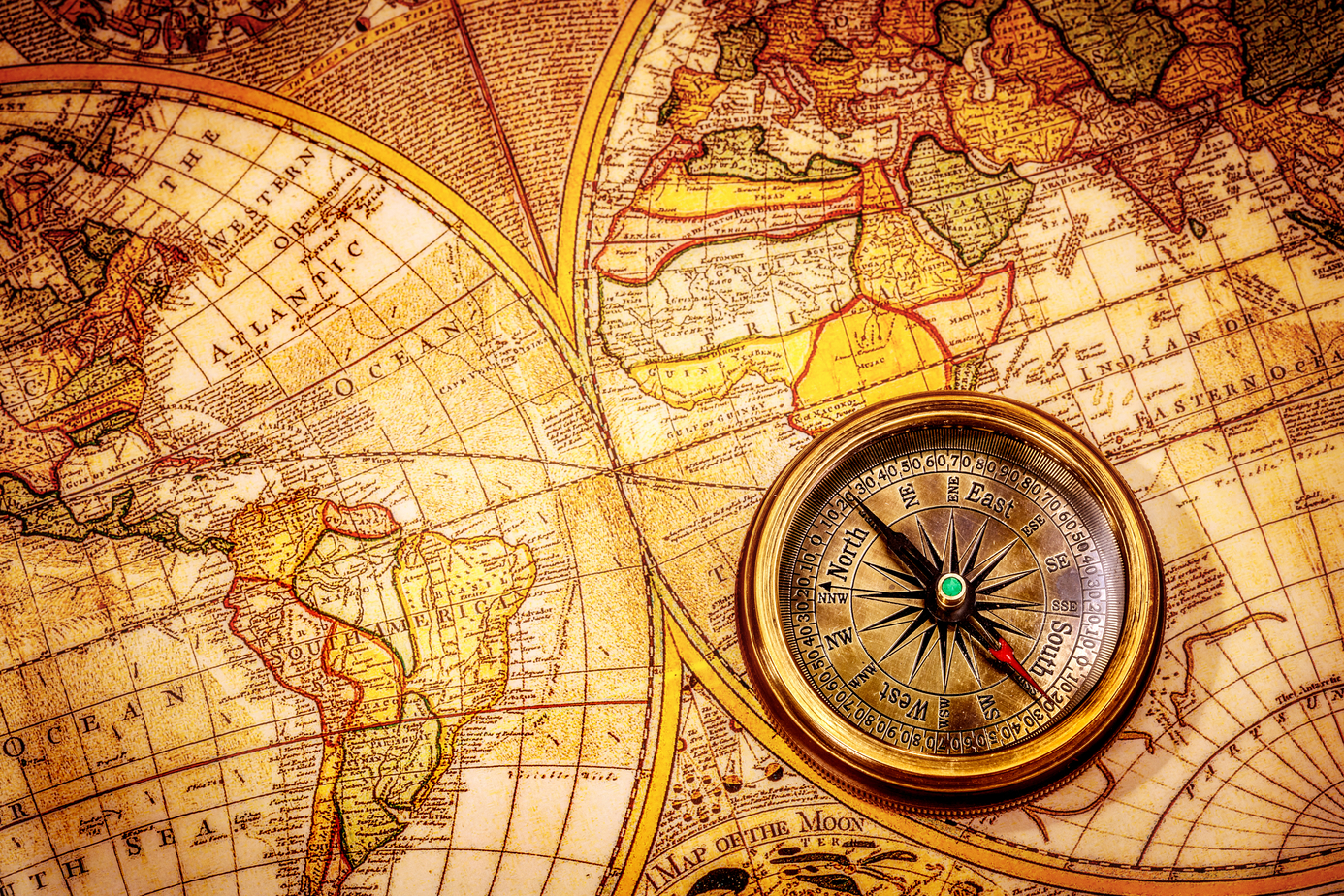Migration and International Division Of Labor
DOI:
https://doi.org/10.18502/kss.v1i2.664Abstract
Migration as a social phenomenon is deterministic, obeys the fundamental laws of socio-historical development, production, concentration and the social division of labor. It is an objectively progressive process, in this respect, as a manifestation of the above laws. Migration is a general phenomenon, with complex emerging nature and impact. With a higher or lower degree of development trend, time and place, the law of motion of the population is not the same everywhere and always, for all eras and all the places. Expands and eliminates government restrictions within and across borders, changing the form of states, regions and the whole world. It is the expression of overall-general law of concentration of social production, in which lies the objective basis of the phenomenon, as manifested in the slave, feudal and bourgeois society. It is also noted that it is manifestations of the dialectic between the strategy and the geostrategic sphere of global economy and the homonymous community. A careful and penetrating review of the global situation today testifies to the objective fact that the immediately preceding major realities are those that form the cultural, economic and social context of movement of the productive forces. Migration is the effect of broader development processes, which move dialectically with globalization and moves correspondingly, as an intrinsic growing element of objective character. It is the link between the national and international elements due to the dual nature, the national-domestic and international-global, while traditional movement as pertaining the domestic element and the movement out of the borders is international by nature. The official progressive science and sociology also helped in the prevalence of the perception that the first right of potential migrant is the most fundamental principle in theory of human rights.
Keywords: Migration, globalization, division, integration, capital, labor
References
E. Baller, Communism and cultural heritage , Progres Publishers, Communism and cultural heritage , Progres Publishers, p. 20, (1984).
Cliff Staten, 2005, “US Foreign Policy Since World War II An Essay on Reality’s Corrective Qualities” American Diplomacy, Available at: http://www.unc.edu/depts/diplomat/item/2005/0709/stat/staten_reality.html.
Global Risks Insight Report 2015, [online] Available at: http://www3.weforum.org/docs/WEF_Global_Risks_2015_Report15.pdf.
I. Goldin, G. Cameron, and M. Balarajan, Exceptional people: How migration shaped our world and will define our future, Exceptional People: How Migration Shaped Our World and Will Define Our Future, (2011).
Common. Security and Policy. Defence, Report on the Implementation of the European Security Strategy - Providing Security in a Changing World, Common Security and Defence Policy, S407–08, (2008).
CD. Compert, What does America Wants from Europe , in, European Union Institute for Security Studies, 2003.
International Division of Labor | Article about International Division of Labor by The Free Dictionary [Online] Available at:http://encyclopedia2.thefreedictionary.com/International+Division+of+Labor Last accessed Dec 2015.
J. Crush, Southern hub: The globalization of migration to South Africa, International Handbook on Migration and Economic Development, 211–240, (2014).
Henry. Kissinger, The Spread of Liberty, The STEP, 18.5, (2005)., article , p A5.
P. Kondylis, Planetarische Politik Nach Dem Kalten Krieg , Planetary Policy After Cold War, trans.P. Kondylis, editions Themelio, (1992).
E. Kypriotelis, The Institutions Developed in the EU - Eurasia and the role of Balkan countries geopolitical and geo-economic analysis, Economy Business ISSN 1314-7242, Volume 9, Article ID 1000865, 262–263, (2015), http://www.scientificpublications. net/en/article/1000865/.
E. Kypriotelis, Reorientation of the World Economy and the Unique Case of SE Europe, Advances in Management Applied Economics, 6, no. 2, 97–128, (2016).
E. Kypriotelis and E. Triarchi, The Transnational Monopolistic Corporation and the, 16–17
A. Lavretsky, USSR Academy of Sciences, USSR Academy of Sciences, 1, no. Editions Planitis, 286–297, (1976).
K. Marx, The Kapital , trans Mavromati P, Editions Sygchroni Epochi, Athens, 368–371, (1996).
K. Marx and F. Engels, The German ideology, Edition. Gutenberg, p, 62, (2006).
P. Ntouskos, Socialization , publications Gutenberg, Socialization, publications Gutenberg, (1988).
P. Ntouskos, Geostrategy and Contemporary World, Athens, Gutenberg, 2000.
P. Ntouskos, i megali metavasi, The Great Transition , Edition Gutenberg - Giorgos Kostas Dardanos, (2000).
Research Handbook on International Law and Migration, Edited by Vincent Chetail and Celine Bauloz, 10, p. 30
L. Sklair, The transnational capitalist class and the politics of capitalist globalization, Politics of Globalization, 82–98, (2009).
World Economic Forum, Global Risks 2006, [online] Available at: http://www.weforum.org/pdf/CSI/Global_Risk_Report.pdf.
World Economic Forum, Global Risks 2015, [online] Available at: http://www3.weforum.org/docs/WEF_Global_Risks_2015_Report15.pdf.
N. Hafter, World Trade Organization (www.wto.org), Journal of Business and Finance Librarianship, 15, no. 2, 131–135, (2010).

